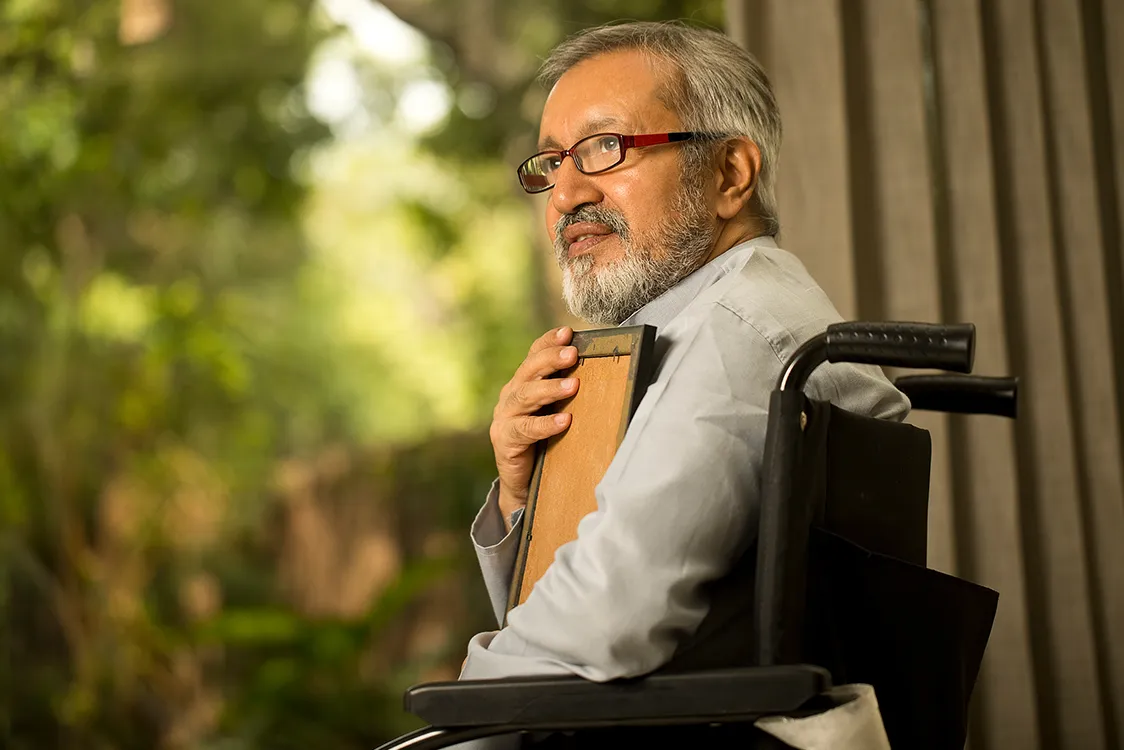Researchers found that over ten years, those who participated in the Supplemental Nutrition Assistance Program (SNAP) aged cognitively about two years slower than those who did not.
In the United States, according to a recent study from Columbia, older people who participate in the Supplemental Nutrition Assistance Program (SNAP) may experience a slower rate of memory loss than those who do not.
Researchers found that over ten years, SNAP users aged cognitively about two years more slowly than non-users.
The findings of the study conducted by Columbia University’s Mailman School of Public Health and their publication in Neurology, the official medical journal of the American Academy of Neurology, were made public online. A government initiative called SNAP provides low-income households with financial aid that can be used to buy food.
“Our results showed that people using SNAP experienced two fewer years of cognitive aging over ten years compared to those who did not use the program,” said senior author Adina Zeki Al Hazzouri, Ph.D., assistant professor of epidemiology at Columbia University Mailman School of Public Health. “Less than half of the older adults eligible for SNAP participate.” This low participation is a huge opportunity for dementia prevention, given the expected rise in the number of people with Alzheimer’s and other dementias.
According to Zeki Al Hazzouri, improving outreach and education, lowering stigma, and streamlining the application process could all help increase older adults’ participation rates.
3,555 SNAP-eligible individuals with an average age of 66 participated in the study. Of those, 2 996 were eligible but did not participate in the program, while 559 were SNAP-eligible users.
Over 20 years, researchers assessed memory function every two years. People were required to take memory and cognitive tests, which involved recalling a list of words and responding to inquiries about what they could remember from their daily lives.
Researchers used techniques to account for those differences because, at the start of the study, SNAP users had lower socioeconomic status and a more significant number of chronic conditions than non-participants. After accounting for the differences between the two groups, researchers discovered that while SNAP users started the study with lower memory scores than non-users, their scores declined more slowly over time. Remarkably, researchers found that SNAP users experienced approximately two fewer years of cognitive aging over ten years than SNAP non-users.
Peiyi Lu, Ph.D., a postdoctoral research scientist in the Department of Epidemiology at Columbia Mailman School, said, “Eating healthier may also benefit brain health, even though SNAP’s primary goal is to reduce food insecurity among low-income households and to increase access to the higher quantity and quality foods. SNAP may also lessen stress, which has been connected to early cognitive aging, poorer brain health, and general financial hardship. We look forward to studying these underlying effects in further research.”





